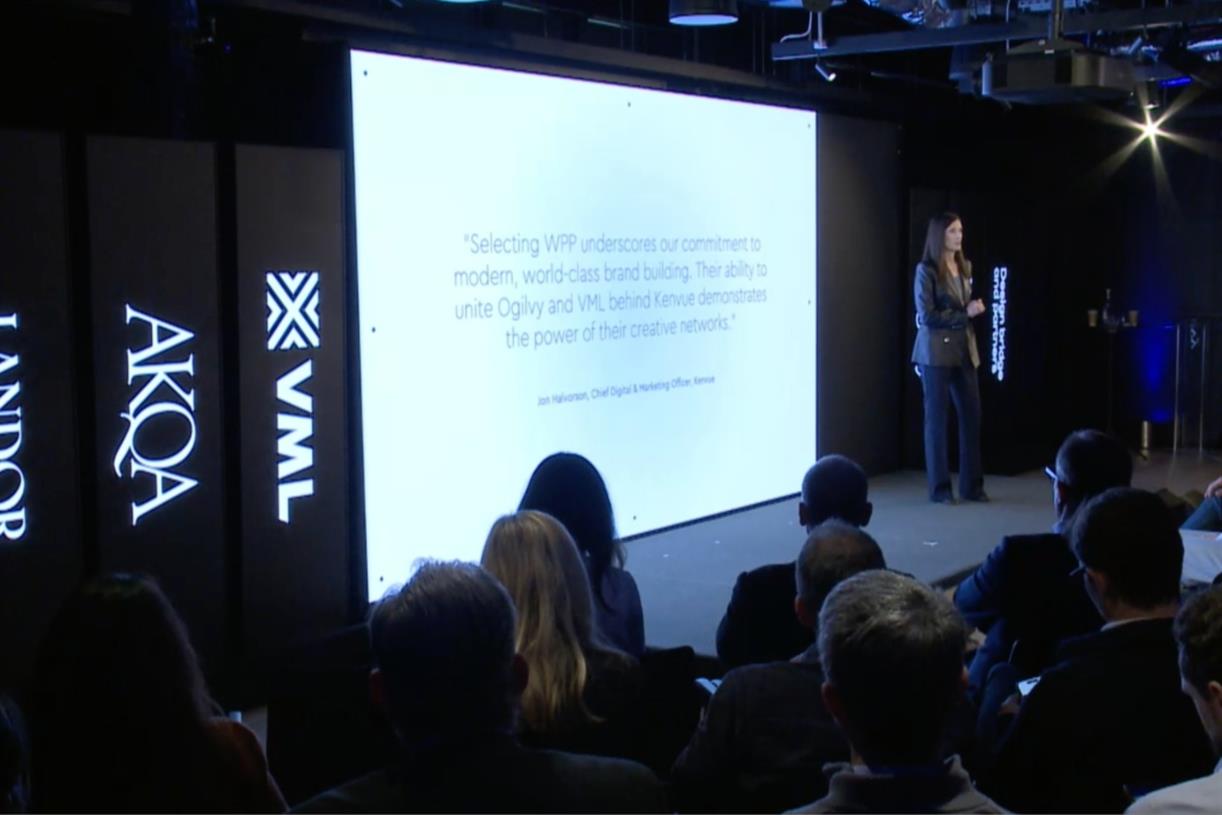Mango Languages Is an Alternative to 'AI-First' Duolingo, and It's Free at Libraries
Looking to switch? Mango Languages might be a good fit.


Credit: Mango Languages
Duolingo is now phasing out contract workers as it switches to using artificial intelligence for some tasks, a move that's part of the company going "AI-first".
"AI isn't just a productivity boost," said Duolingo co-founder and CEO Luis von Ahn in a press release. "It helps us get closer to our mission." From what von Ahn says, it sounds as though AI will be used to scale up content, build out the Duolingo codebase, and power features such as video calls with AI avatars.
If that reliance on AI leaves you a little cold—perhaps over concerns around ethics, energy use, copyright infringement, or accuracy—then one of the alternatives worth checking out is Mango Languages. You can usually access it for free through your local public library and other institutions such as schools, but if you can't find a free option you're eligible for, it costs from $12 a month (or less, if you pay a year at a time).
Getting started with Mango Languages
Even if you can't get free access to Mango Languages through your library or another institution, you can try out a free lesson to see if it suits you, before having to pay (or even register an account). There are more than 70 languages to choose from, and your first task is to pick the one you'd like to start learning.
There's a simple slide-based approach here, so you can move at your own pace and move backwards and forwards as you like. The app also tries to explain fundamentals about a language as you go, including the way that pronunciations might change as you put more words and phrases together, and the patterns of speech involved.

Credit: Lifehacker
You really do get to start with the basics, with straightforward lessons covering greetings and how to make yourself understood. Alongside vocabulary learning, Mango Languages also tries to get you to understand the grammar of the sentences you're saying as you progress, and the goals of each lesson are set out ahead of time.
As well as being available on the web, Mango Languages also offers dedicated apps for Android and iOS, so you can learn on the go as well as when you're sitting at a desk. There are the usual configuration settings you'd expect, including timings on the slides you see and whether or not you want each slide narrated to you.
What do you think so far?
Progressing with your language learning
As you move through the Mango Languages course, you can review your progress each day and go back to any previous lessons, as well as seeing what's further ahead. You get tests on your reading, writing, speaking, and pronunciation, and there's also the option to compare your speaking with that of a native speaker.
Something Mango Languages does well is provide little cultural notes to explain how different terms are used—essential if you don't want to be offending any of the locals on your next vacation. The app also encourages critical thinking, and will sometimes ask you to work out how something should be said, rather than just telling you.

You get cultural notes to go with your language learning. Credit: Lifehacker
Further down the line, you'll come across special lessons too: For my chosen language of German, one of them is the annual booze-up that is Oktoberfest. These can help put your language learning into more context, so you're learning about a country and its customs as well as the native tongue.
You get a clean interface, lots of flexibility, and an interesting mix of exercises and challenges to help you stay engaged with learning a language—which for most of us, isn't an easy ask. Both the basics of vocabulary and the more advanced ways that words are put together are well-handled, and if you're able to access it for free, so much the better.

David Nield
David Nield is a technology journalist from Manchester in the U.K. who has been writing about gadgets and apps for more than 20 years.

 Troov
Troov 











.jpg?trim=0,0,0,0&width=1200&height=800&crop=1200:800)


.jpeg?trim=0,28,0,27&width=1200&height=800&crop=1200:800)


















